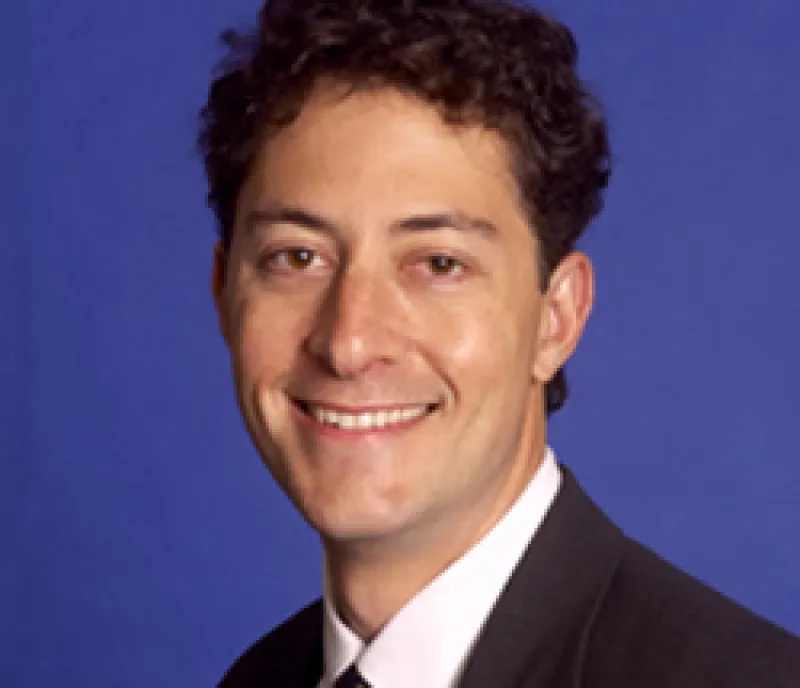
Starboard Steps Up Its Attack on Small Caps
An activist hedge fund known for flying under the radar has aggressively stepped up its activity in the past two weeks. Starboard Value filed two freshly minted 13Ds with regulators launched a proxy fight with one company, and lifted its stake in three others.
Stephen Taub
September 2, 2011



